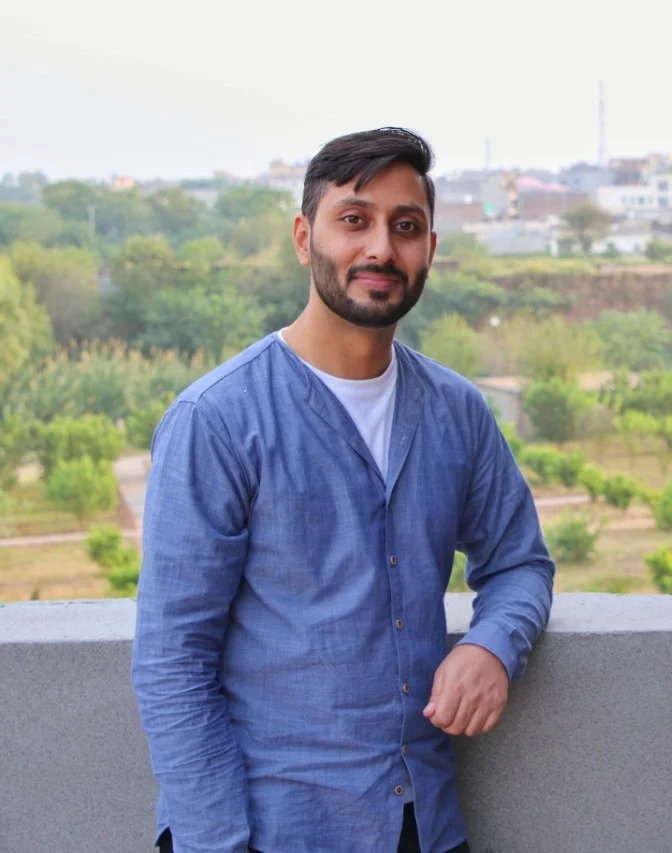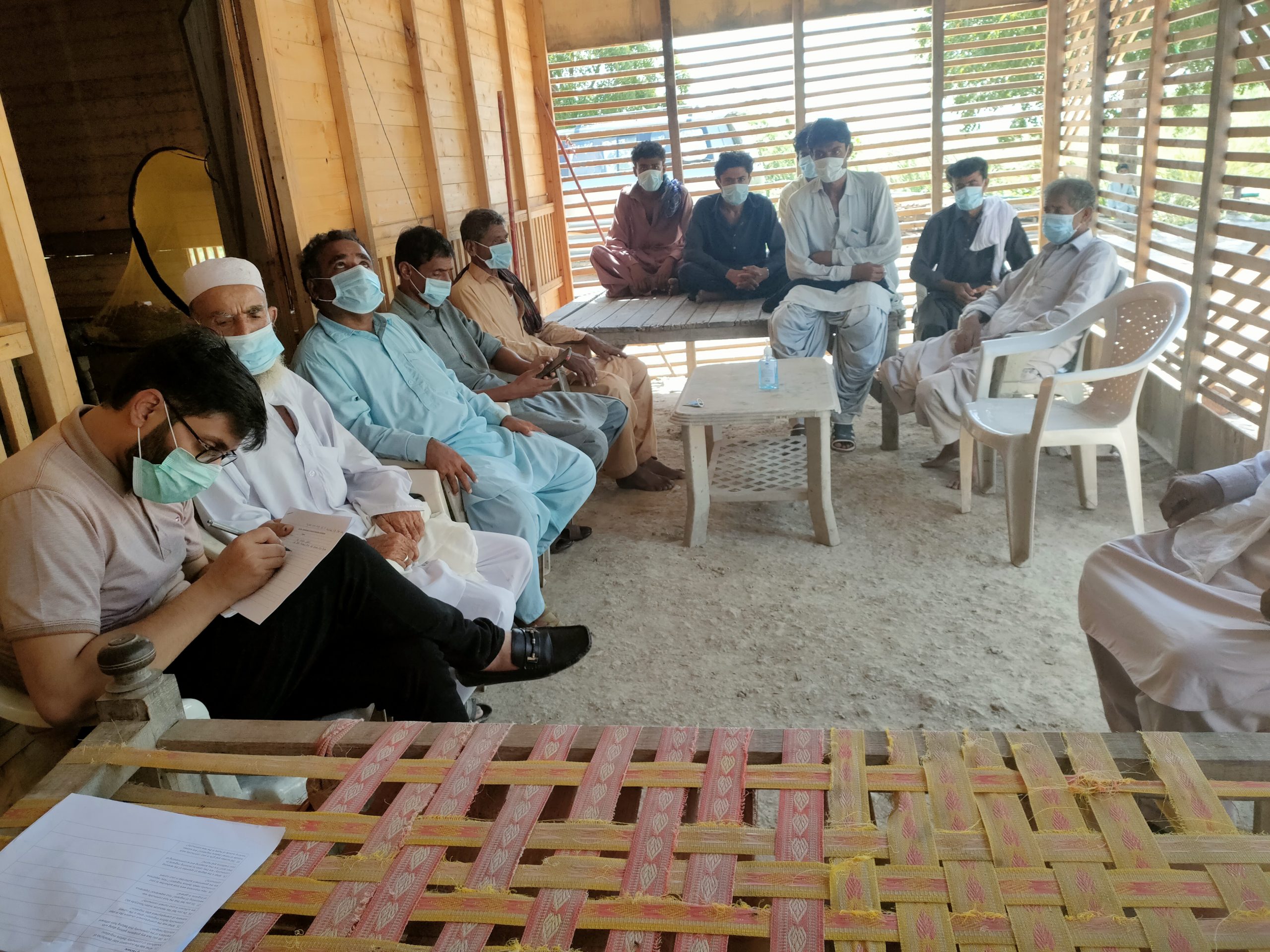
Numerous studies have predicted that by 2050, over 200 million people will have been forced to migrate due to climate change. Along Pakistan’s Indus River Delta, more than 1.2 million people have already left their homes and 4.2 million acres of land have been lost to the sea to date. Islamic Relief Pakistan’s Research and Development Intern Junaid Iqbal Awan recalls his experience meeting some of those affected.
Last year, I travelled to Pakistan’s Sindh province to interview villagers about their experiences of climate induced migration ahead of the publication of Islamic Relief’s Climate Induced Migration – Global Discourse, Local Realities, and Governance report.
During a visit to Kharo Chan in Thatta, I met families who had been displaced due to sea intrusion. Rising sea levels had slowly engulfed their land, leaving them with no way of supporting themselves and no choice but to leave home.
Fishing and agriculture are the 2 main ways of making a living in the area, but sea intrusion presented a major obstacle to both.
An enlightening discussion
Back in 2015, I was invited by friends from Sindh to visit some of the province’s major cities. While there I read in the newspaper that Thatta would be underwater by 2050, with Karachi to follow by 2060.
My friends emphasised how essential fresh water is to the Indus Delta and to saving Thatta and Karachi from submersion. It is vital to the health of the coastal ecosystem as river flows repel saltwater from moving upstream into the Delta – where it can harm soil, plants and animals. Rising sea levels prompt sea intrusion and upset this process.
The discussion was enlightening, but I did not truly feel the urgency and gravity of the issue until last year when I visited the affected areas myself.
Speaking with people along the coastal belt and hearing from them first hand helped me to understand how desperate the situation already is in some parts of Pakistan.
A memorable encounter
Sea intrusion has left Kharo Chan almost completely surrounded by water and has seen its population shrink significantly. Largely cut off from the mainland, the settlement has no hospital, school or electricity and local people must travel miles to reach a safe source of drinking water.
While there I spoke to many villagers, asking them each the same set of questions about their experiences of migration. One question about their aspirations in life drew responses such as securing easy access to a working toilet and clean drinking water.

But one answer struck me to my core. Ali*, an 18-year-old, was the last person that I interviewed in Kharo Chan. When I asked about his biggest desire in life, he replied: “To have a life like yours!”
Ali stood out among the villagers as the only member of the community pursuing an education. He was also the only person I spoke to who said he wanted to relocate to a city in pursuit of a better life with more access to resources. Ali said he wanted to continue his studies so that he could do something to help his community and others like it.
I left Kharo Chan forever changed by what I had seen and the people I had met. I left feeling that, in some way, part of me was still roaming Ali’s village.
Learning to listen
Witnessing how the community there lived and the challenges they faced led me to think about how different people’s lives can be despite us all sharing the same planet and, in some cases, the same country.
How did so many of us get to the point of not appreciating the things around us? Of taking the basic necessities of life for granted?
How can we stop ruining our planet in our unending search for comfort?
My time in Kharo Chan taught me that if you can’t be a problem solver, you should try to be a listener. Listen patiently to those who trust you enough to share the trials of their lives. And, if you have the opportunity, try to give a voice to their experiences.
Islamic Relief works with communities to help them mitigate and adapt to the negative effects of climate change. Please help us continue this vital work. Donate now.
*Name has been changed to protect identity










